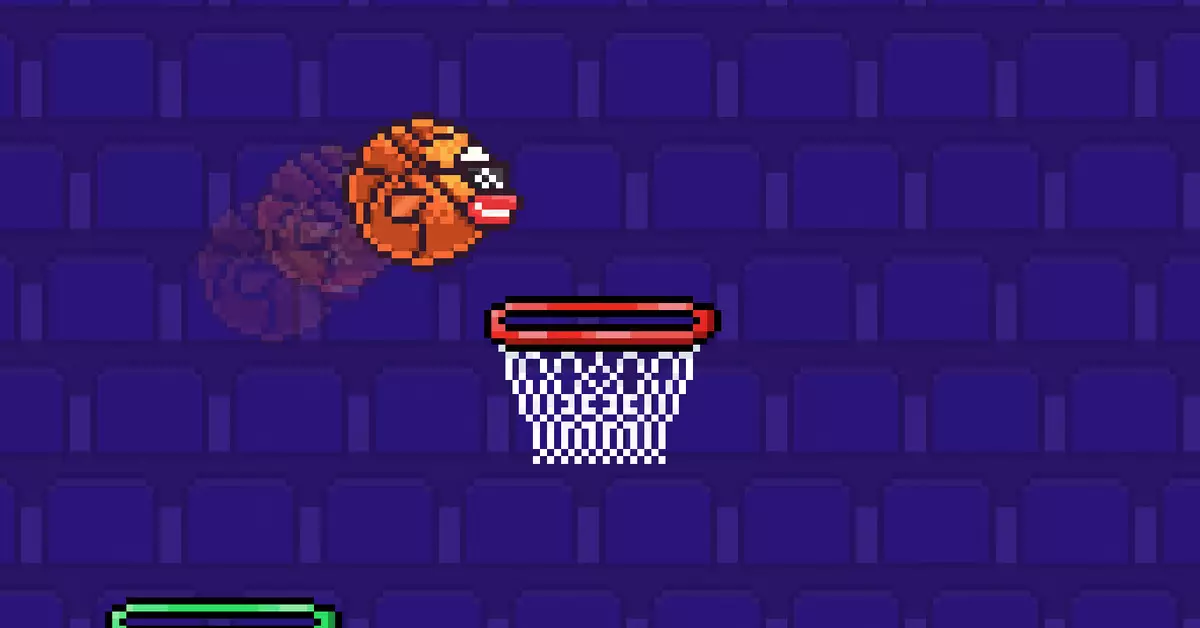In a sensational announcement that has caught the attention of mobile gaming enthusiasts, The Flappy Bird Foundation has claimed it will resurrect the beloved yet contentious game Flappy Bird, originally created by developer Dong Nguyen. While the initiative appears poised to tap into the ocean of nostalgia surrounding the classic game, it is marred by claims from Nguyen himself that he has no involvement in this revival. This raises questions about the very nature of gaming ownership and how nostalgia can be leveraged for commercial gain. As we dissect this situation, it becomes increasingly clear that this project may not be as straightforward as it seems.
Dong Nguyen, who famously withdrew Flappy Bird from app stores in 2014 amid its growing popularity, has distanced himself from this new venture. Nguyen recently took to the platform X to assert that he hasn’t sold his rights to the game and is not involved in any capacity. The Flappy Bird Foundation indicated that it acquired the rights from Gametech Holdings, LLC, which raises eyebrows. Gametech’s opposition filing against Nguyen’s trademark earlier this year complicates matters. It appears that the trademark may have been deemed abandoned by the US Patent and Trademark Office, suggesting legal maneuverings rather than a true revival championed by its original creator.
The promotional materials for Flappy Bird’s return are saturated with nostalgia—a clever marketing tactic designed to tug at the heartstrings of those who remember the game’s meteoric rise and sudden fall. The initial trailer focuses on the game’s past glory, evoking memories of its nearly instantaneous fame and the void left after its disappearance. However, this reliance on nostalgia without the involvement of its creator raises ethical questions. Is it fair to invoke the legacy of Nguyen while sidelining him? Moreover, can the game succeed in rekindling the love of its original players without its creator’s input?
Another intriguing aspect of this situation is the potential integration of blockchain technology, as hinted by cybersecurity researcher Varun Biniwale. Suggestions of Flappy Bird entering the Web 3.0 space imply that there could be a component involving cryptocurrency, staking, and ownership, which could fundamentally alter how players engage with the game. This move toward an online space where players can “build, create, play, and stake” could entice both new players and nostalgic fans alike, offering a unique spin on the classic gameplay. However, will this attract fans rooted in the simplistic joy of the original game, or will it alienate them with complex mechanics?
As Flappy Bird gears up for its anticipated return on iOS and Android, the excitement is palpable. Yet, the skepticism surrounding the game’s legitimacy and ethical production looms large. The question remains: can Flappy Bird reclaim its status as a quintessential mobile game without the heart of its original creator? While reboots and remakes are commonplace in the gaming industry, the unique history of Flappy Bird and its creator adds layers of complexity to this narrative. Whether players will embrace this new iteration or mourn the departure of what made the original special is yet to be seen. For now, fans will have to wait and watch as this saga unfolds.

